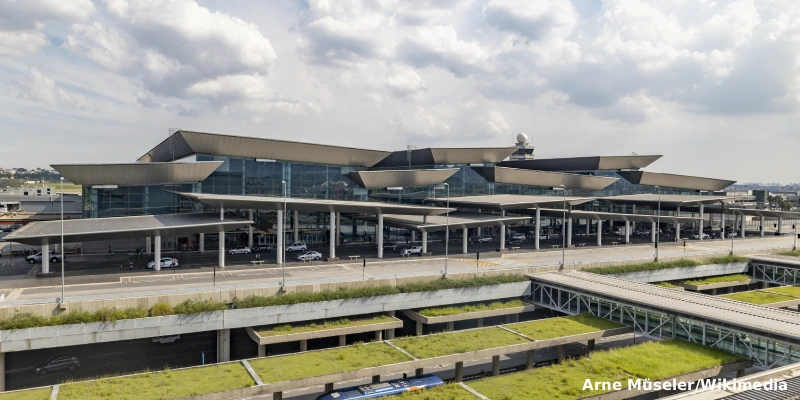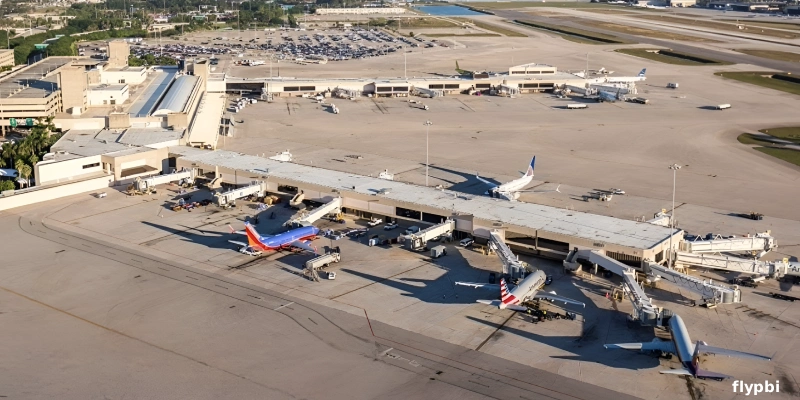Air New Zealand announced that it expects a decline in earnings for the 2025 fiscal year, citing global delays in engine maintenance and uncertainty regarding associated compensations as the primary causes.
The airline anticipates that its pre-tax earnings will range between NZ$150 million (US$88.5 million) and NZ$190 million, a significant drop compared to the NZ$222 million reported in the 2024 fiscal year.
A Prolonged Engine Crisis
The root of the problem dates back to 2023, when Pratt & Whitney removed over 1,000 engines installed on Airbus aircraft from service. This decision temporarily grounded several Air New Zealand planes, directly impacting its operational capacity.
→ Air New Zealand Unveils Its New Uniform: A Masterpiece Celebrating Aotearoa
Earlier this year, the airline warned that up to 11 of its aircraft could remain intermittently grounded during the second half of the 2025 fiscal year. This situation represents an additional blow to its annual revenue.
Cumulative Impact with No Clear Resolution
Engine-related issues are not new for the company. In the 2024 fiscal year, these problems had already affected its financial results. Now, in 2025, the lack of a definitive solution has worsened the situation.
Air New Zealand admitted that it still cannot determine when the issue will be fully resolved. “These discussions remain complex,” the airline stated in a release.
Ongoing Negotiations and Limited Compensation
Currently, the company is negotiating with engine manufacturers to determine appropriate compensation levels for the grounded engines and to establish realistic timelines for their repair and return.
According to the company’s projections, compensation recognized in the second half of the fiscal year is expected to amount to between NZ$35 million and NZ$40 million—a significant figure, yet one that does not fully offset the operational and financial impact faced by the airline.
With this outlook, Air New Zealand faces a 2025 marked by technical and financial uncertainty, in a context where operational efficiency and fleet reliability are more critical than ever for its recovery.
Related Topics
Madrid-Barajas Named “Best European Airport with over 40 Million Passengers”
Tocumen Recognized as “World’s Most Punctual Medium Airport” for Second Consecutive Year
São Paulo-Guarulhos Airport Records Record Passenger Numbers in 2025, Reclaiming Its Title as Latin America’s Busiest
Florida Approves Bill to Rename Palm Beach Airport in Honor of Donald Trump

Un apasionado por la aviación, Fundador y CEO de Aviación al Día.




